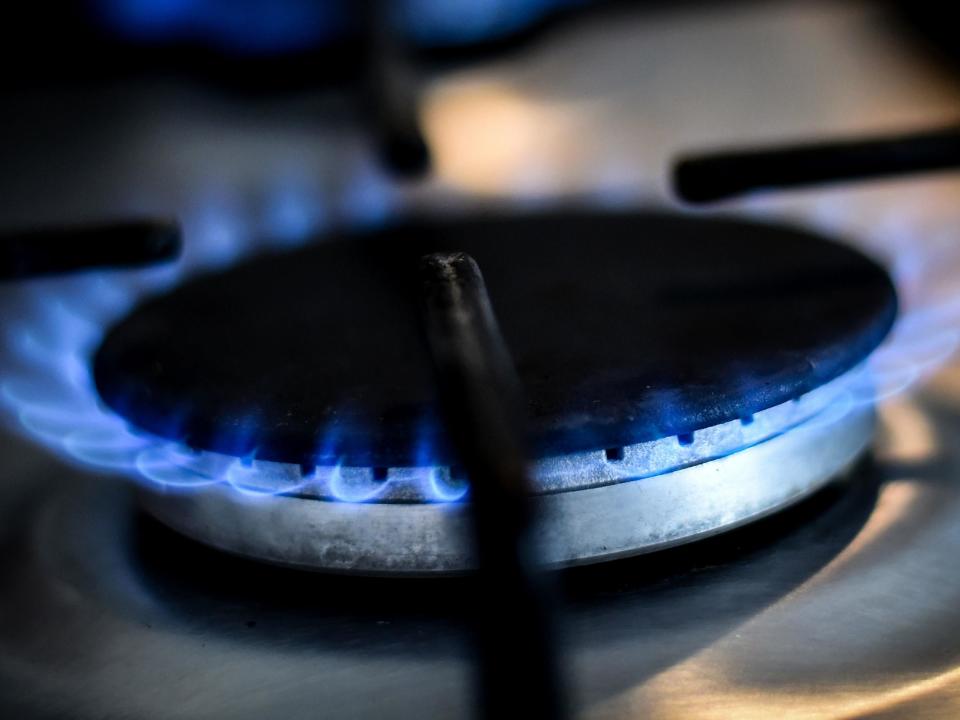Ban gas cookers and central heating to tackle climate change, MPs say
Gas hobs and boilers could be banned from new homes within the next six years amid fears they are hindering efforts to tackle climate change.
Government advisers have recommended no new homes should be connected to the gas grid by 2025 at the latest – with super-efficient houses and flats heated using low-carbon energy.
A report by the Committee on Climate Change (CCC) said UK homes are not fit for the future, with stalling efforts to cut greenhouse gases and properties at growing risk of overheating and flooding.
The committee called on the government to get serious on tackling emissions from homes and making sure they are adapted to cope with a future of more heatwaves, droughts and floods.
The way new homes are built and existing properties are "retrofitted" with energy efficiency measures often falls short of stated design standards, deceiving householders and inflicting costs on the future, the committee said.
The Treasury should support measures in existing homes to install low-carbon heating such as heat pumps, loft and wall insulation and protection for properties at risk of flooding, as a "major infrastructure priority".
Support is also needed to train designers, builders and installers of climate-friendly technology to address the low-carbon skills gap and create green jobs.
Baroness Brown, chairwoman of the adaptation sub-committee of the CCC, said: "There are almost 30 million homes in the UK, and the depressing fact is most of them are not in a condition to keep us comfortable and productive and well as the climate changes.
"They are a huge part of the problem - energy use in our homes is around a fifth of greenhouse gases, and the biggest part of those emissions is from burning gas for heating and hot water."
A government committed to meeting climate targets, which require net zero emissions to curb rising temperatures, "has to get serious about this", she said.
Methods for making homes net zero emissions and resilient to a changing climate, as well as lowering bills and ensuring people live in a healthier environment, cutting NHS costs, were already known.
Baroness Brown pointed to the diesel scandal, which raised concerns about the gap between reported standards by cars and real world performance, and described the performance gap for homes as "an invisible cheat".
"This is an unspoken crisis," she warned.
She suggested the government should be demanding much higher standards through measures to encourage building 300,000 new homes a year.
"We shouldn't be allowing 300,000 substandard homes that will need upgrading to be built, they should be built to the right standard now.
"We could tell house builders who are making a lot of money from Help to Buy that it's only available for homes of a really high quality."
Householders can also make a difference in cutting emissions and making homes more resilient to a changing climate, through measures such as setting boilers and thermostats to the right temperature, switching off the tap while cleaning their teeth and watering the garden only when needed.
Lord Deben, chairman of the committee, warned: "Simply put, there is no way in which the UK can meet the legally binding climate change targets that parliament has determined unless we take the measures outlined in this report."
A government spokesperson said: "The UK has reduced emissions faster than any other G7 nation, and moving to a greener, cleaner economy while continuing to grow the economy is at the heart of our modern Industrial Strategy.
"Over the next 10 years, we have committed to drive £6bn to improve the energy efficiency of lower income and vulnerable households.
"We will carefully consider the Committee on Climate Change's recommendations."
Press Association

 Yahoo News
Yahoo News 

